CELEBRATE, CELEBRATE, DANCE TO THE MUSIC
Main Cast: Molly Ringwald, Anthony Michael Hall
Director: John Hughes
I returned back to Casa Maine with bags and bags of takeout food to find all of my people in a rather jolly mood after they, under Normy’s direction, had worked their way through half the liquor cabinet. Having exhausted most of the better bottles, Captain Drew, who had appointed himself bartender, was busy pouring a concoction of Galliano, Midori, and sloe gin into everyone’s glass. Normy put on some music and everyone started to dance to the strains of an old Earth Wind and Fire song. I was just about to join in when the most brilliant idea hit me smack between the eyes. I knew how we were going to rid the house of monkey ghosts! I was going to teach them to tap and form them into a dance troupe the likes of which the world has never seen. I told Tangina my brilliant plan and how this would give the ghosts purpose and then we could send them out on tour for an extended period, ridding the house of them.
She and everyone else, thought this was a thrillingly marvelous idea and soon I had everyone crowded into my tap studio, facing the mirror while I and Lulu Pigg, my tap therapist, led us all through some simple combinations while Normy banged out Tea for Two on the piano. It didn’t take long for the ghosts to start drifting in through the walls to see what we were doing and something about our unison Maxie Fords and double time steps got them excited. Soon chimpanzees, gibbons and macaques were in rows with the rest of us industriously picking up combination after combination. I was worried that their ectoplasmic nature would keep them from wearing tap shoes but they seemed to get all of my old pairs moving in time, even when their bodies would drift up towards the ceiling. They really are quite talented. I had Kim Dee and Mary Gee run up some simple costumes for them out of pink tulle and lavender spandex and they were quite the sight.
We spent the whole day like this and at the end, I turned and told everyone that the monkeys were ready to share their gift with the world and that I would like to book them on tour. After all, #taplivesmatter. I immediately called the great impresario, DeWolfe, who told me that he would have no trouble finding venues for a chorus of ghost monkeys who could tap in unison and if I could get them to the airport by seven, he could have them on stage in Seoul by the end of the week.
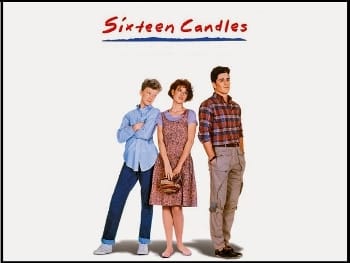 I told the ghosts the good news, and led them in a celebratory tap line out of the studio, down the stairs and out the main doors where they all piled in to Leah’s car and she quickly drove them off to LAX to board a Korean Air flight. I looked around at my assembled friends beaming at my success as Tangina announced ‘This house is clean’. There was a general cheer, and I invited everyone to stay for a celebratory film in the home theater. Looking at the selections, we decided on a feel good film from the 80s and soon Sixteen Candles, John Hughes’ comedy from 1984 was causing us all to giggle and wax nostalgic.
I told the ghosts the good news, and led them in a celebratory tap line out of the studio, down the stairs and out the main doors where they all piled in to Leah’s car and she quickly drove them off to LAX to board a Korean Air flight. I looked around at my assembled friends beaming at my success as Tangina announced ‘This house is clean’. There was a general cheer, and I invited everyone to stay for a celebratory film in the home theater. Looking at the selections, we decided on a feel good film from the 80s and soon Sixteen Candles, John Hughes’ comedy from 1984 was causing us all to giggle and wax nostalgic.
Sixteen Candles was the introduction of Hughes, who became one of the iconic film makers of the 90s, to Hollywood as writer/director. His string of teen comedies defined the adolescent experiences of Generation X and launched the careers of many young actors and actresses of that generation including most of what came to be known as The Brat Pack for their close working relationships and off screen shenanigans. He left directing after only eight films, but continued to write screenplays for others until his untimely death a few years ago. His comic portraits of the upper middle class in the Chicago suburbs colored our cultural view of youth, parental relations, and high school experiences and there is no American under fifty who does not have strong self-identification with one of The Breakfast Club or a situation from Pretty in Pink, Ferris Bueller’s Day Off or Planes, Trains and Automobiles. No one else has ever skewered the petty indignities of growing up and the modern high school quite so accurately.
This film, which launched it all, finds Samantha (Molly Ringwald) ready to celebrate her sweet sixteen. Unfortunately, the rest of her large family (parents Paul Dooley and Carlin Glynn, brother Justin Henry, grandparents Edward Andrews, Billie Bird, Carole Cook, Max Showalter) are all a dither over the wedding of her older sister Ginny (Blanche Baker) to Rudy (John Kapelos) and they completely forget. The next thirty-six hours become a nightmare for Samantha as her school life becomes more and more humiliating thanks to the unwanted attentions of freshman geek Anthony Michael Hall, the intrusion of a foreign exchange student with an unfortunate name (Gedde Watanabe), and her dreams of attracting the boy she does like (Michael Schoeffling) dashed by the competition (Haviland Morris). Future stars John Cusack, Joan Cusack and Jami Gertz all show up in small roles as high school classmates. There is a dance, a riotous high school party and a not to be forgotten wedding ceremony before Samantha receives the present that makes both her and the audience feel that it’s all been worth it.
For the most part, the film still works thirty years on. Adolescence and adolescent behavior have not really changed all that much over the last generation or so. Hughes doesn’t shy away from the issues of changing bodies, the frustrations that arise as busy parents become distracted and not attuned to their children’s emotional needs, and the conformist attitudes that make so many young people feel like the outsider. He just does it with a comic, rather than a dramatic voice. He was also blessed with a cast of fine young actors at the beginning of their careers. He also resisted the usual Hollywood impulse of casting buff twenty somethings as high school students. These kids are gawky, half formed and for the most part not overly attractive. We can believe them as high school freshmen and sophomores. Molly Ringwald carries the film effortlessly in the central role. She’s that mix of brittle and vulnerable that girls of that age often are. Most of the supporting players are great in their roles; the stand outs are Anthony Michael Hall who captures the child desperately trying to be seen as a man perfectly and Joan Cusack in a tiny role but whom you cannot take your eyes off of whenever she appears on screen. There’s a little scene between her and a water fountain that’s a classic of comic acting.
There’s only one real problem with the film, and that’s the inclusion of Gedde Watanabe’s character. It’s written as a rather weird stereotype of the Asian fish out of water in American culture and pretty much everything from his name (accompanied by a gong every time it’s said on screen) to his actions and reactions are calculated to offend. If they ever decide to remake the film, his character will need to be written out as I can’t imagine any self-respecting Asian actor agreeing to play the role. I suppose the Asian presence in Hollywood thirty years ago was not strong enough to point out to Hughes that he was making a major mistake.
Aside from that one quibble, I thoroughly enjoyed the film and hope that the current generation of Millennial high school students discover it and the rest of Hughes’ oeuvre as it might help them see their parents a bit more clearly. What goes around comes around.
Jockstraps on heads. Stag line. Smoking grandma. Misinterpreted phone calls. Sex test. Pizza on stereo. Riding in car trunk. Gratuitous drunk Asian. Muscle relaxer ingesting. Familiar church organist.
To learn more about Mrs. Norman Maine, see our Movie Rewind introduction, visit her entire back catalog and follow her on Twitter at https://twitter.com/missvickilester
photo by xlibber
[AMAZONPRODUCTS asin=”B006TTC50Y”]
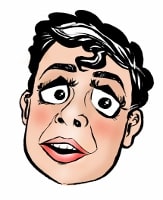
Originally from Seattle Washington, land of mist, coffee and flying salmon, Mrs. Norman Maine sprang to life, full grown like Athena, from Andy’s head during a difficult period of life shortly after his relocation to Alabama.

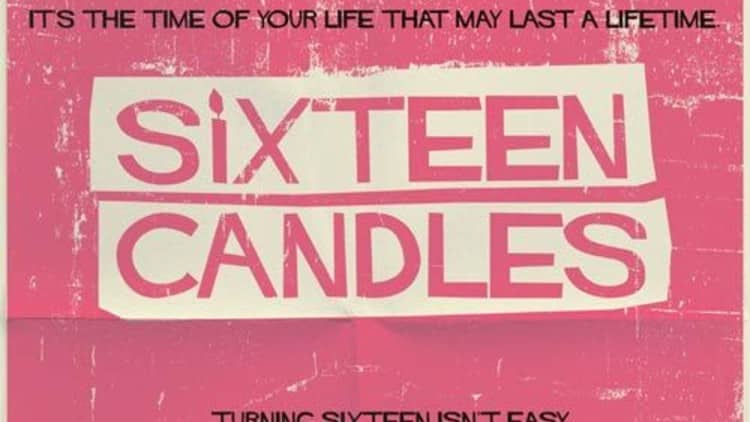



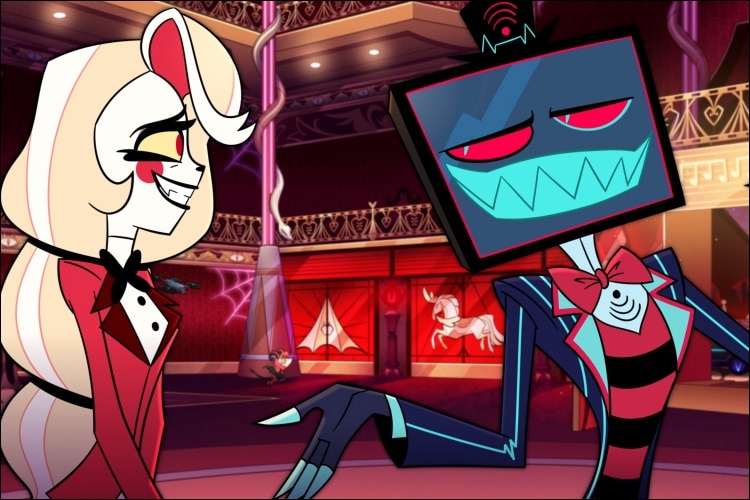
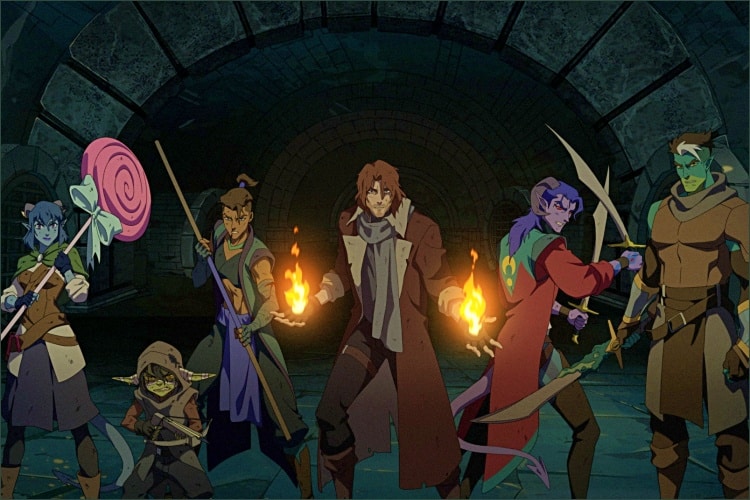
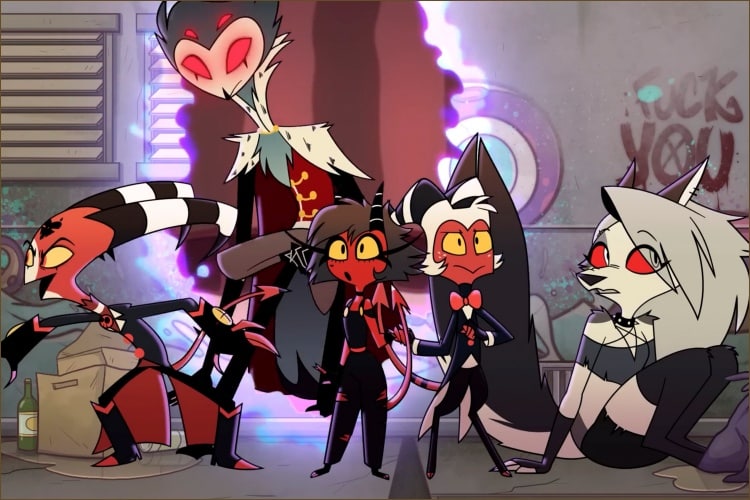
Leave a Reply